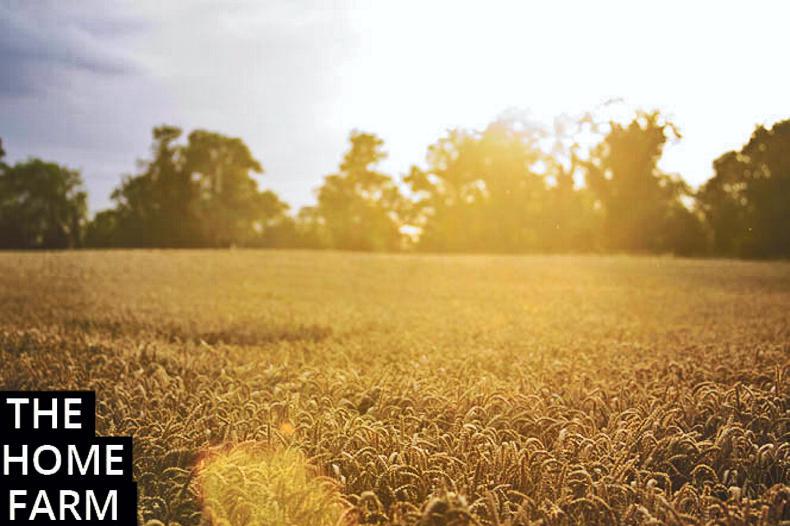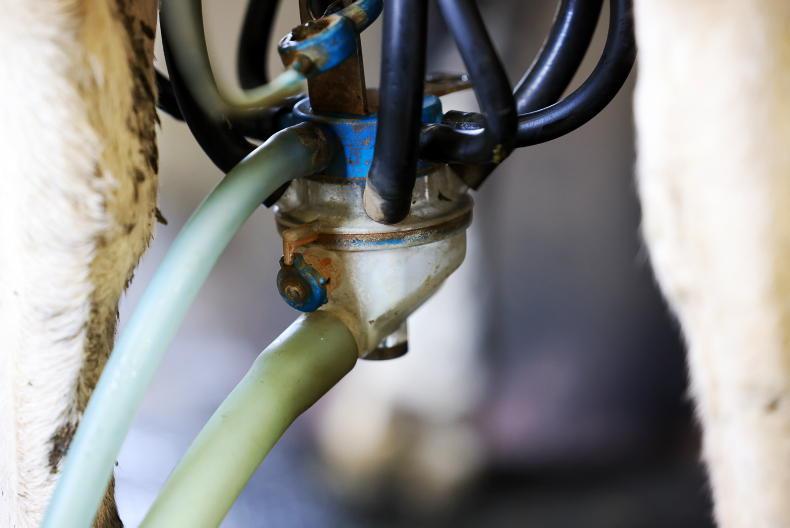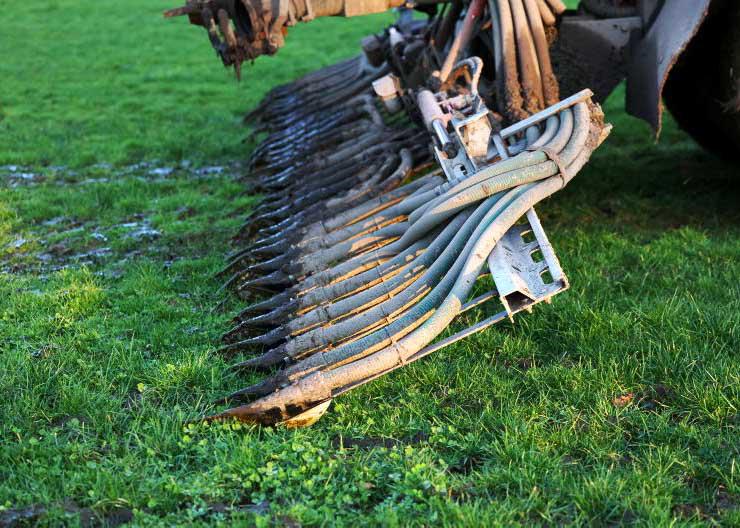While we make every effort to be technically efficient and environmentally compliant, the basic farm payment on our farm and nationally on our system, is a critical component of farm income. Some years, it is more than the farm income; other years we get to keep some of it.
So it is with an increasing sense of alarm that I am following the progress of the CAP talks in Brussels.
It is clear that the convergence trend is going to continue as well as about 25% of my payment being hived off into some form of environment-related payment, but if I am to qualify for any of it, it will be as if 100% convergence had already taken place. In other words, it will be distributed on a flat-rate basis.
Taking the three deductions in the pipeline, I reckon our single farm payment is in danger of being halved over the next few years
An extra deduction is going to come from the money being used to front-load payment. Again, this new initiative will take the money from the existing pot. I see the estimate is that my payment will be reduced by between 7% and 12%.
Taking the three deductions in the pipeline, I reckon our single farm payment is in danger of being halved over the next few years.
I got an estimate a few years ago but postponed the job in favour of re-concreting a large section of the yard
Clearly, we should have gone into dairying. I am glad to see the IFA organising a series of regional rallies. But daily life has to go on. After more than 40 years, the corrosive effect of the constant moisture rising from the housed cattle with condensation rusting the ironwork is forcing me to replace the galvanised sheeting on one of the slatted sheds.
I got an estimate a few years ago but postponed the job in favour of re-concreting a large section of the yard, but also with the swing to a bullock system from bulls, the sheds are vacant for much longer to let essential repairs be done.
After postponing the job a few years ago, I was taken aback that the quotation had increased by about 50%.
The last week of dry warm weather with frost-free nights, coupled with so much water in May, has led to an explosion in grass growth
On checking around, this kind of increase seems to be standard with everyone reporting a shortage of galvanised sheeting as well as a shortage of timber, with the difficulties in the forestry sector.
The last week of dry warm weather with frost-free nights, coupled with so much water in May, has led to an explosion in grass growth. Almost overnight, we have gone from threatened scarcity to a real surplus.









SHARING OPTIONS